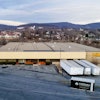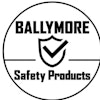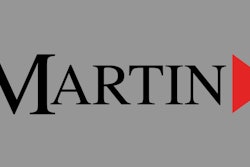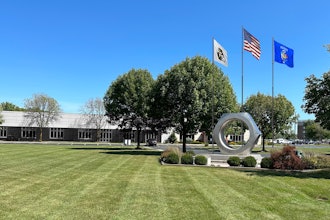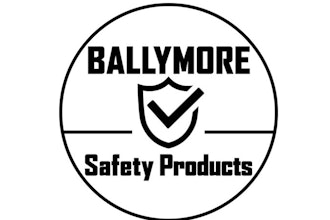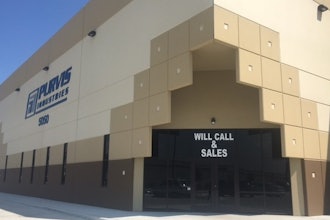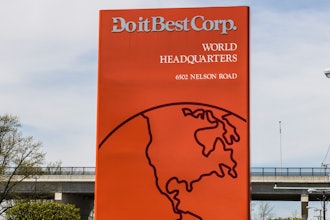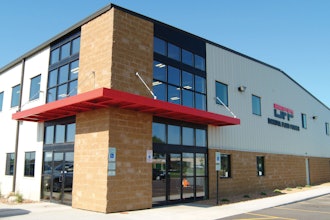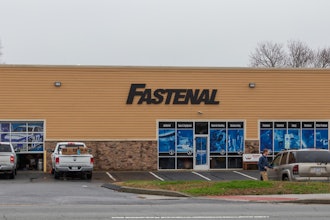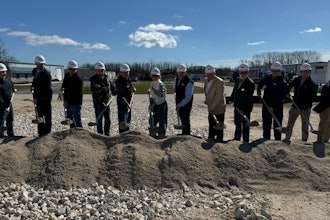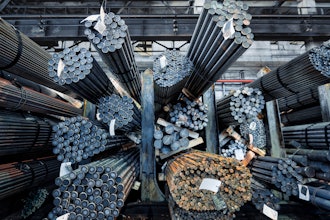Industrial Distribution speaks with Richard W. Schwartz, President and CEO, WinWholesale as part of ID 's Executive Q&A Series.
|
Richard W. Schwartz, WinWholesale |
ID: As industrial distributors emerge from the roughest economic conditions in recent memory, what is the most valuable thing you’ve learned from the recession?
RS: One of the strong points of WinWholesale and its local companies has always been operating very lean and controlling expenses. Having said that, we could have reacted to the market downturn by reducing expenses sooner and in line with how the markets were performing. We took those actions eventually, and performed during the recession better than some other companies.
ID: How might you recommend the industry prepare for and/or react differently if we had a “do-over”?
RS: We believe the way to prepare for any potential market downturn is the way we strive to operate the business even in strong markets: managing debt smartly; ensuring cash flow is adequate at all times; paying close attention to proper asset management, such as the right inventory levels; and keeping the focus on customer relationships and their needs.
ID: The economy has shown steady and sustained growth over the course of the past several months. Are you optimistic that there will be future growth, and how has your company responded to the improving economic conditions?
RS: There will be future sustained growth again; it’s just a question of when. We’re optimistic that over the next two years or so there will be marked improvements in the residential and commercial construction markets. According to the National Association of Homebuilders, construction will be pretty flat in 2011 with some improvement in 2012. Yet, there still is concern that the improvement could be affected by world events - oil prices, for example. The overall economic recovery is still fragile.
As conditions have improved, our local companies are continuing to stay close to customers, are looking for new market segments to add to their base, are increasing emphasis on the things that drive profits and have hired a few new people. However, our caution always is to guard against increasing expenses before it’s justified and not to let expenses get out of control.
ID: What do you consider to be the biggest issue facing distribution today?
RS: From an overall distribution industry standpoint, it’s probably proper inventory management; having what customers need when they need it without overstocking the warehouse and tying up too much cash. There’s also the issue of just-in-time inventory and what supply chain interruptions can do to that way of doing business.
ID: When did you begin your career in this industry and in what capacity?
RS: My entire wholesaling career has been with WinWholesale, and Primus Inc., its predecessor. I was on active duty in the U.S. Air Force in late 1971 in New Mexico and was offered the opportunity to join Primus in Dayton, Ohio. I started with the company in 1972 in the IT department, served in several management jobs over the years and became president and CEO in 1998.
ID: What would you consider to be the biggest changes you’ve seen the industry face throughout your career thus far?
RS: Learning how to use technology to operate more efficiently and profitably. The technology is available right now to do everything from managing inventory better, to increasing margins through analysis, to targeting marketing campaigns to specific customers, to using e-commerce and social media. These things simply didn’t exist a few years ago, but they do now and players in the distribution industry have to take advantage of them to be competitive.


